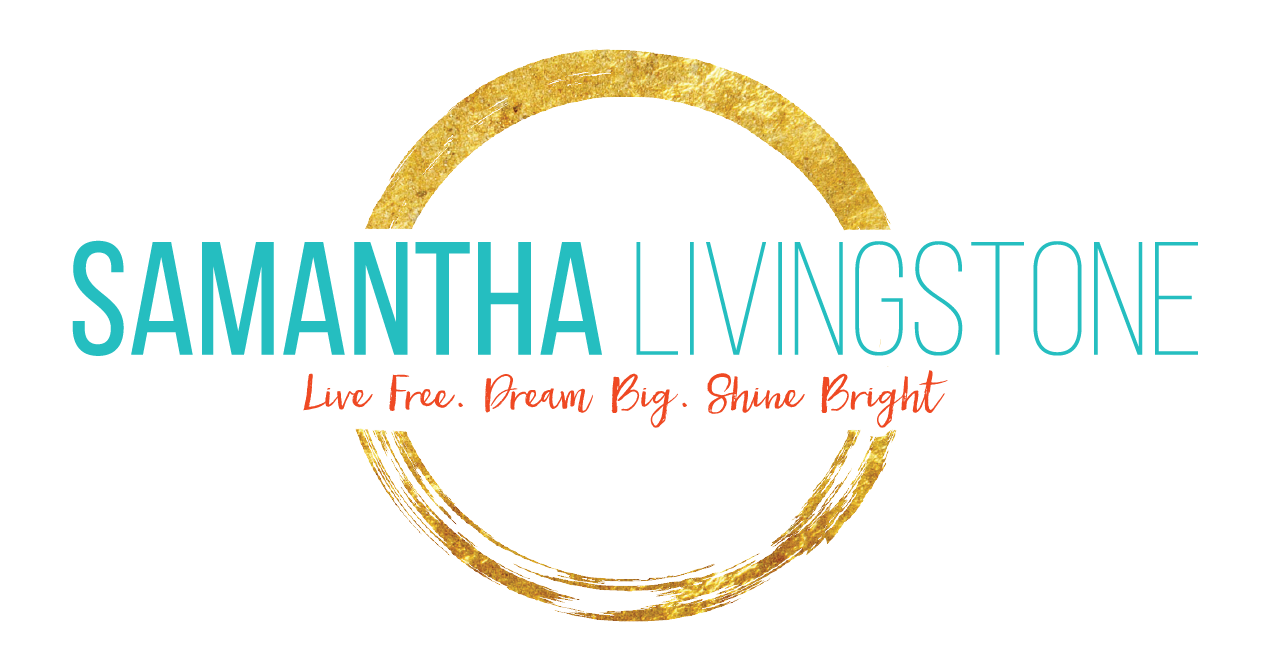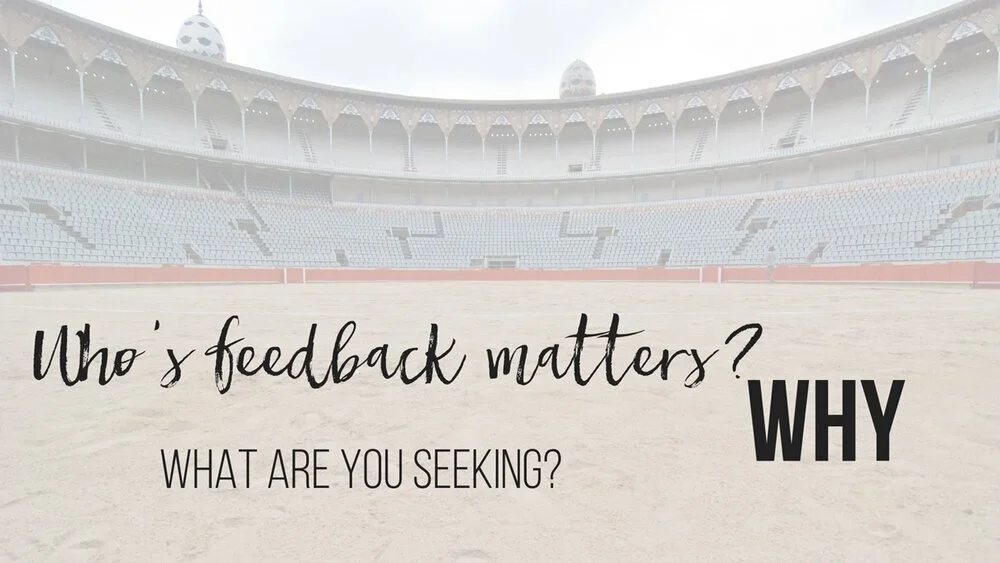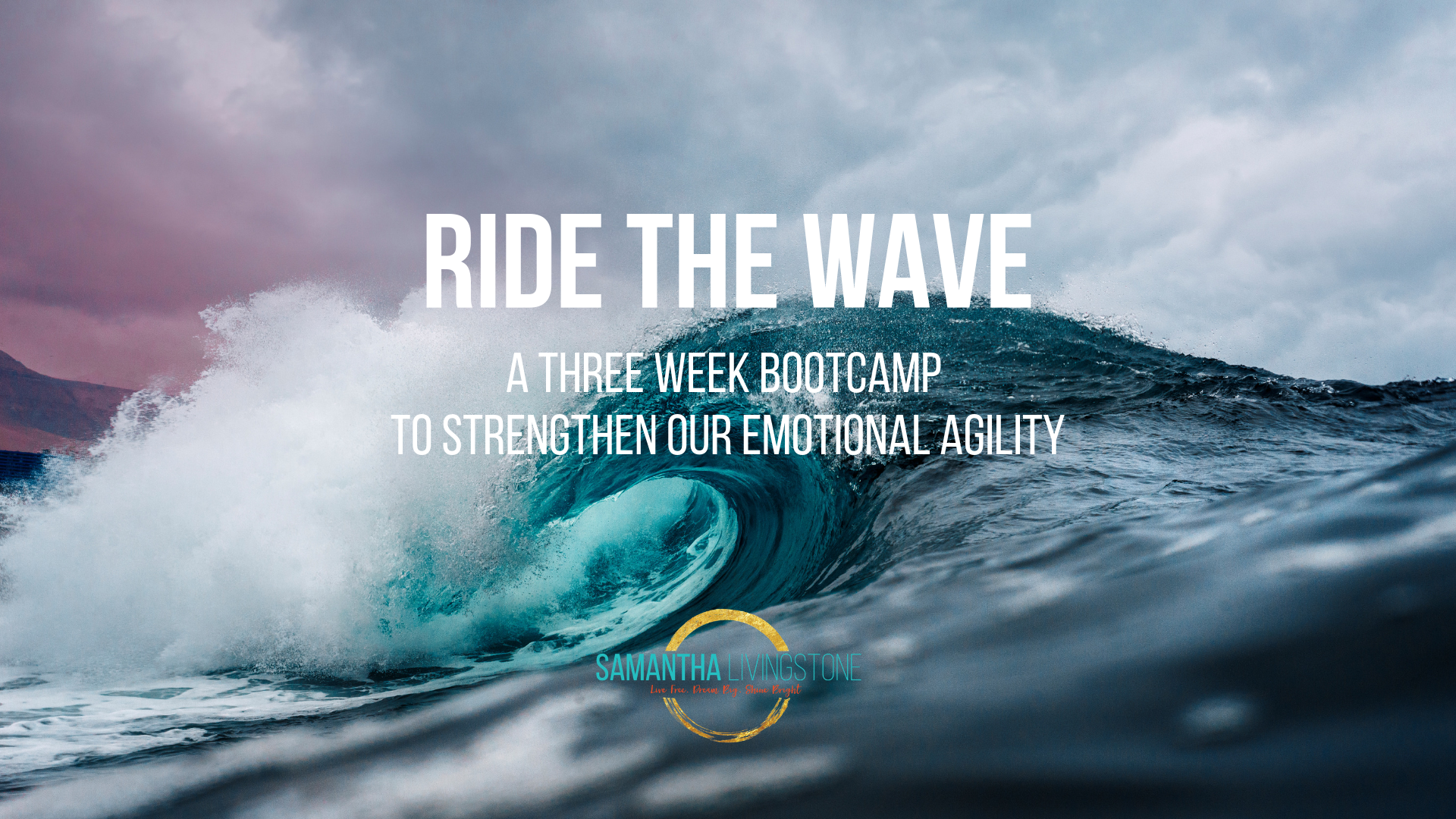CSCAA Newsletter // March 2020
Coaches, great to be back for the final piece in this series – for what’s hopefully just the beginning of a deeper, richer conversation on mental health. This month we’re going to take a closer look at emotional resilience because it’s not a matter of if student-athletes will navigate mental health challenges, it’s a matter of when and to what degree. We’ll also talk about what’s stopping student-athletes from seeking help, and what we can do as coaches to continue to dismantle the stigma.
In a recent talk, I spoke to over 200 collegiate student-athletes. During the Q&A portion of the event, I invited them to share what, if anything, is stopping them / their peers from moving toward help when they need it.
The consensus:
Other people knowing I don’t have it all together.
I dug deeper and asked what it means if they don’t have it all together. Their answers were consistent with what I’ve heard from student-athletes all over the country (DI, DII + DIII):
People will judge me; I’ll be seen as weak.
The irony here is that student-athletes are willing to receive help every single day on the physical and technical training front – from their coaches.
As sports psychologist, Dr. Michael Gervais talks about frequently on his Finding Mastery podcast, there are only three things we can train: the physical, the technical and the mental.
As coaches, it’s important to frame mental health as an equally important part of training.
If we want to dismantle the stigma surrounding mental health, it’s important to explicitly tell our teams that it’s OK - and expected - for them to utilize tools and supports to strengthen their mental health. Then, help bridge them to resources and professionals who can help them grow.
{Mini-challenge: Grab a piece of paper and fold it into thirds. At the top of each column, write the three areas we can train: physical, technical + mental. Underneath each section, jot down the percentage of time you dedicate to each area. Then make a list of resources you have available to you + resources you want to add to your program.}
Even if you embrace mental health and provide resources to your team, you may have a student-athlete who says:
I don’t have a problem. I don’t need help.
This may be especially true if the underlying mental illness is substance use disorder. Student-athletes with a suspected substance use disorder may not be as receptive as those navigating depression and/or anxiety for a few reasons, as outlined by the NCAA Sports Science Institute team:
They may be using the substance in order to not feel bad
They may be dependent on their substance
They may be in denial that they have a substance-use problem
They may fear punishment for illegal activities
They may fear stigma associated with admitting a substance-use problem
It’s important to note that addiction to drugs and/or alcohol is a mental illness.
Addiction changes the brain in fundamental ways, changing a person’s typical needs and desires and replaces them with the new priorities connected with seeking and using the drug. This results in compulsive behaviors that weaken the ability to control impulses, despite the negative consequences.
Substance use disorder changes typical desires and priorities and interferes with the ability to go to work, school, practice and to have healthy relationships with friends and family – they impact the student’s ability to live, love, laugh + learn.
About half of people who experience a mental illness will also experience a substance use disorder at some point in their lives and vice versa. This is called comorbidity – when two or more disorders or illnesses occur in the same person. They can occur at the same time or one after the other. Comorbidity also implies interactions between the illnesses that can worsen the course of both.
If you sense that there may be an underlying mental health problem, say something and on-board help.
Given that students may deny the problem and resist your efforts to help, it’s best to lean into a conversation with active, non-judgmental listening. Reflect what you’ve noticed (behaviors) and let them know you’re concerned and there to help. Make a referral to mental health services and follow up to be sure the referral was accepted and completed.
During the Mental Health First Aid training in Chicago, we’ll talk about how to approach student-athletes who may be experiencing mental health challenges, including substance use disorders and students in crisis. Be sure to register for the training over here.
Remember, our role as coaches is not to diagnose or treat. When it comes to navigating mental health issues, our role is to become more equipped noticers, listen non-judgmentally, identify + bridge to appropriate professional help and encourage + model self-help strategies.
//
If we dig deep enough underneath the surface of denial and the fear of judgement, we’ll find shame.
The powerful, master emotion. Just reading the word can elicit a strong reaction in us.
Its grip can leave us feeling alone, broken, unworthy and never-enough.
We’ve all experienced shame in our lives. It’s the voice that snaps: What’s wrong with you? Who do you think you are?
When shame is in the driver’s seat, it makes giving + receiving feedback an almost impossible task.
Researcher and professor at the University of Houston, Dr. Brené Brown, describes shame as “the intensely painful feeling or experience of believing that we are flawed and therefore unworthy of love and belonging – something we’ve experienced, done, or failed to do makes us unworthy of connection.”
According to Brown’s research, the number one shame trigger for women is, “I’m not enough.” For men, it’s being perceived as weak. Therein lies a major rub in asking for and moving toward mental health related resources. There’s this pervasive BS belief that says,
“If I were smart / strong / capable enough, I wouldn’t need help.”
(Same applies to coaches too.)
ASKING FOR HELP IS A SIGN OF COURAGE, NOT WEAKNESS.
Here’s the good news: By understanding how shame operates, we can empower + equip ourselves and the student-athletes we lead with the skills to strengthen our emotional resilience to shame and other difficult emotions.
What we know: Shame needs three things to grow - secrecy, silence and judgement. What we also know: The antidote to shame + foundation for resilience can be found inside of self-compassion.
Stay with me.
I know self-compassion is not a word that’s not widely accepted in the athletic arena. I get it. Honoring transparency, I had a visceral reaction to the word when my therapist first introduced it to me as a tool.
Self-compassion is bullshit. Soft. An excuse to settle. No. Thanks.
And. I was a tiny bit curious, because all the “homework” assignments she’d given me up until that point, challenged me, pissed me off - and empowered me. So, to Google I went – curious + skeptical.
The first site that popped up was from Dr. Kristin Neff, researcher and professor at the University of Texas at Austin and one of the world’s leading experts on self-compassion. I decided to take her “quiz” to see where I landed on this self-compassion scale; as I answered the questions, part of me (ego) was proud of how “tough” I was on myself.
Until I saw my results.
What happened next changed the course of my healing journey and has been the foundation for how I serve my clients.
Under my score was a list of the most common myths around self-compassion and suggested research articles related to each. More truth: I wholeheartedly believed and bought into every.single.one of the myths listed, i.e. self-compassion is weakness / excuses; if I embrace self-compassion, I’ll stop growing; my inner critic is my edge, etc.
I felt simultaneously caught and seen.
At the time, I was a few years into healing from Trauma (PTSD). Every time I would experience a trigger, I’d meet myself with anger and judgement, cue: shame. Instead of focusing my energy on meeting myself with the kindness I’d offer a friend, I was beating myself up for ‘getting triggered’ even though it was out of my control.
I’d stay stuck, holding onto the perfectionist belief that if I just tried hard enough, I’d be able to arrive at a place free from struggle, aka no more triggers. And so, when I’d fall or experience a mental health challenge, I’d feel like a failure, like I wasn’t enough.
We (humans) tend do this with big emotions. Think about the athlete on your team who gets nervous – and then beats themselves up because they’re nervous. Or the athlete whose disappointment turns into hours of ruminating and approval-seeking.
We get hit with the wave of emotion – and rarely do we allow it to pass through without judgement. Often, shame comes roaring in.
Just like physical illness, there are protective actions we can take to reduce our risk of illness – and, we can still get sick. By putting all my energy into the not-falling-down + beating-myself-up-while-down, I was missing the opportunity to strengthen my resilience.
That’s part of shame’s MO: isolation, self-judgement and over-identification with our internal world (thoughts + emotions).
Do you know what happened when I started infusing self-compassion into my life?
Instead of staying stuck on the ground beating myself up, I was able to rise faster. I also stopped throwing my emotions at others in the form of blame and judgement; I became more accountable, not less. Talk about transformative.
Our power is in the rising - it’s in our ability to respond with intention to whatever we’re experiencing internally or externally.
And most of us can be really hard on ourselves - especially high-achievers who typically have greater awareness of their areas for growth. It’s one thing to intentionally acknowledge those spaces; it’s another to get wrapped in shame and hyper-fixate on all we’re not.
We cannot rise — individually or collectively — if we’re on the ground beating ourselves up.
According to a study published last year in the Psychology of Sport and Exercise, researchers found that athletes’ self-compassion is related to their perceptions of how often their teammates are self-compassionate. There were no significant main or interaction effects of gender.
Self-compassion is contagious.
It’s time to strip away the stigma, bust the myths – and fully embrace the three, research-backed tenants of self-compassion because it’s the very foundation of emotional resilience and is the antidote to shame.
Let’s go.
Here’s your challenge this month:
Implement the practice of permission slips.
When we’re embracing new skills, i.e. self-compassion, it can be helpful to implement the practice of writing permission slips. It’s a practice that’s transformed my life and one I regularly use with my clients. The prompt can change depending on how you’re using it.
Typically, it looks something like this: What do you want to give yourself permission to do or not do in order to show up fully aligned with your values / as your most authentic self / to get the most out of this experience? (pick one)
For a team headed to NCAAs, you might ask, “What do you want to give yourself permission to do or not do in order to optimize your performance this week?” or “What do you want to give yourself permission to do or not do in order to walk away from this meet feeling proud?” Answers will vary depending on the person, but could look like:
Permission to take up space.
Permission to be seen.
Permission to achieve success.
Permission to feel fear and show up anyway, etc.
Permission slips allow us to bring intention and awareness to whatever area we’re working on. They’re powerful.
Here are three permission slips to release the grip of shame, strengthen resilience and increase accountability:
One: Permission to choose self-kindness over self-judgement.
If we’re stretching + growing and trying to optimize human performance, we’re going to fall short - otherwise, it may be a sign we aren’t setting our goals high enough.
How do you meet yourself when you make a mistake, fail or fall short? Do you ignore your pain or berate yourself with criticism? How we meet ourselves in these moments matters.
For years, I believed my inner critic was my edge. As Dr. Neff’s research reveals, it’s not; we actually achieve in spite of it.
Two: Permission to embrace our common humanity over isolation.
When I stood atop the Olympic podium at 18, part of me believed that I’d be protected from the pain of judgement, blame and shame. (That’s the definition of perfectionism - if I just _________, THEN I’ll be happy / belong / be worthy / feel loved, etc.) There is no “arriving” to any place free from pain because we are human. And to be human means we feel.
No matter the level of achievement, title after our name, or number of followers on social — we all have a human story. While the experiences of our lives differ, the human emotions that underpin those experiences are the same.
Three: Permission to practice mindfulness.
Mindfulness is more than a buzz word. It’s a powerful skill that can elevate mental health and improve performance.
Dr. Neff describes it as a non-judgmental, receptive mind state in which one observes thoughts and feelings as they are, without trying to suppress or deny them. It’s a way of paying attention to the present moment, without judgement that opens up space for choice.
When we have greater emotional and attentional awareness, we’re able to shift off autopilot and into a space of intentional responding. Greater self-regulatory skills help elevate mental health and also increase access to “flow state.”
Our power is in the present moment. Being here, now.
With that said, there’s a time to stretch into the future (i.e. when mapping out vision + goals for the year) and backward into the past (i.e. learning from successes and mistakes), but most of us end up there unintentionally – and stay there ruminating about the past and/or worrying about the future.
Meditation is one way to practice mindfulness; it’s not the only way. If you aren’t sure where to start, please fill out the form below and I’ll send you three mindfulness practices to help you begin.
NOTE: In August of 2020, I’ll be launching a new pillar of support via The WAI (Whole Athlete Initiative) for teams and organizations to help student-athletes develop and strengthen their mindfulness skills in a safe and supportive space. Spots are limited. If you’re interested in learning more, please reach out to me directly at samantha@samanthalivingstone.com or sign up for a strategy call.
//
Thank you for all you do for your students and for the sports of swimming & diving.
Every single day, you’re impacting the lives of the young men and women you lead.
Your work matters. Your voice matters. You matter.
If you have any questions, concerns, stories to share and/or want to hop on a strategy call to see how I may be able to help, reach out to me directly: samantha@samanthalivingstone.com. I look forward to hearing from you - and cheering you on!
Good luck at NCAAs. See you in May!
About Samantha Arsenault Livingstone
Samantha Arsenault Livingstone is an Olympic Gold Medalist, high-performance consultant, speaker, educator and mental health advocate. She is the founder of Livingstone High Performance, LLC., and two, multi-module online courses, the Rise Free Academy and Ride the Wave: A Bootcamp to Strengthen Our Emotional Agility — providing pillars of support to individuals and organizations to elevate mental health and improve performance.
In addition to private and group coaching, Samantha consults with teams and organizations on athlete wellness initiatives, leadership, strategic planning, rising skills and developing high-performance cultures. She is a certified instructor of Mental Health First Aid (sponsored by the National Council of Behavioral Health) as well as Mindful Sports Performance Enhancement, an evidence-based mental training program designed for athletes, coaches and other performers to provide specific guidance in building mindfulness skills.
Samantha and her husband, Rob, live in the Berkshires with their four girls. To learn more about her offerings, go over to www.samanthalivingstone.com
Ride the Wave
You are on the front lines of the mental health crisis impacting our youth, oftentimes without the proper skills or supports. This three week, online course is designed to help you elevate your own mental health and step back into the driver’s seat of your life. Less reacting, more responding. Less auto-pilot, more intention. You ready? Let’s do this.
Use the code: CSCAA at checkout to save 50% off enrollment. (Savings of $75)











